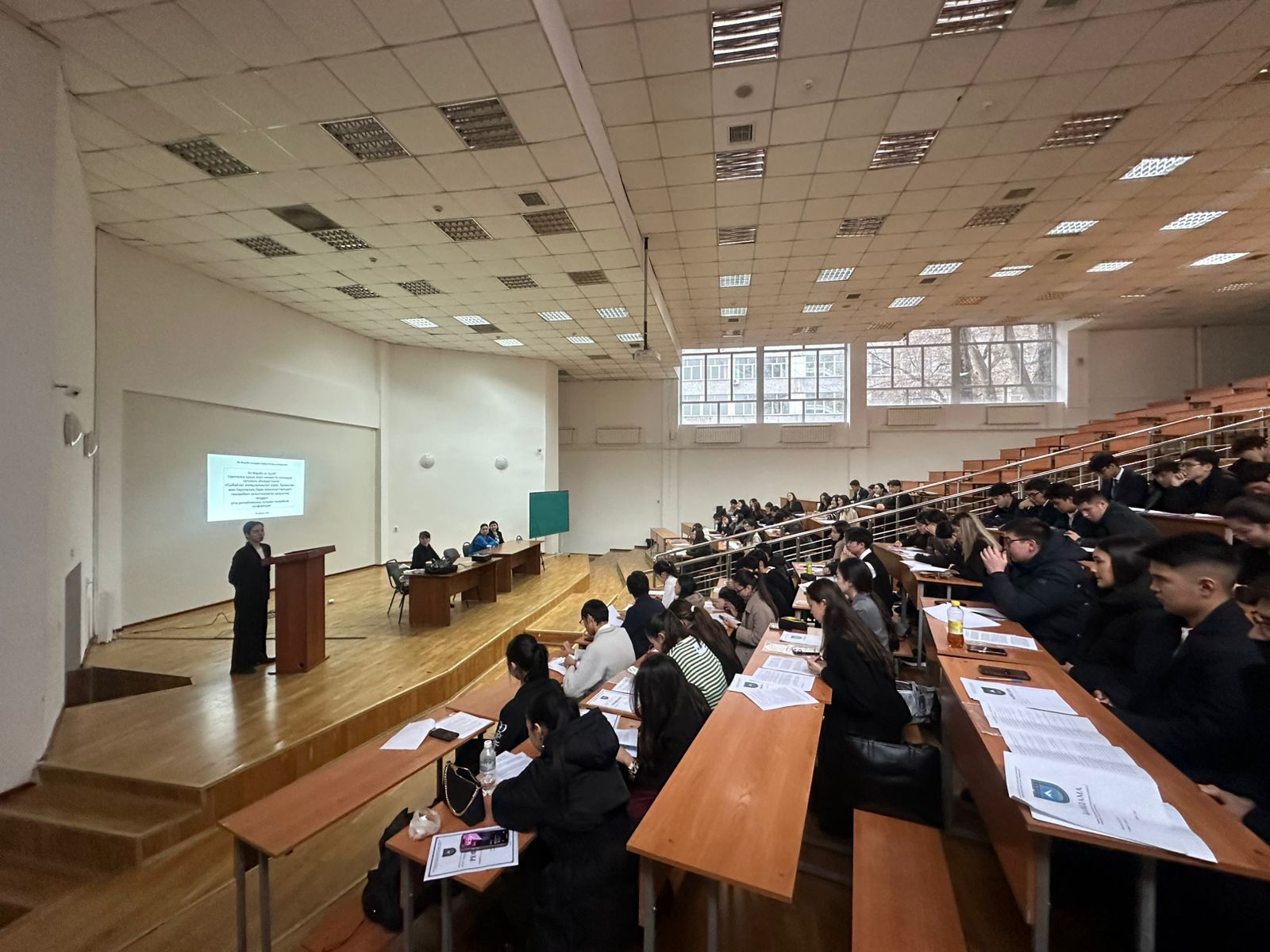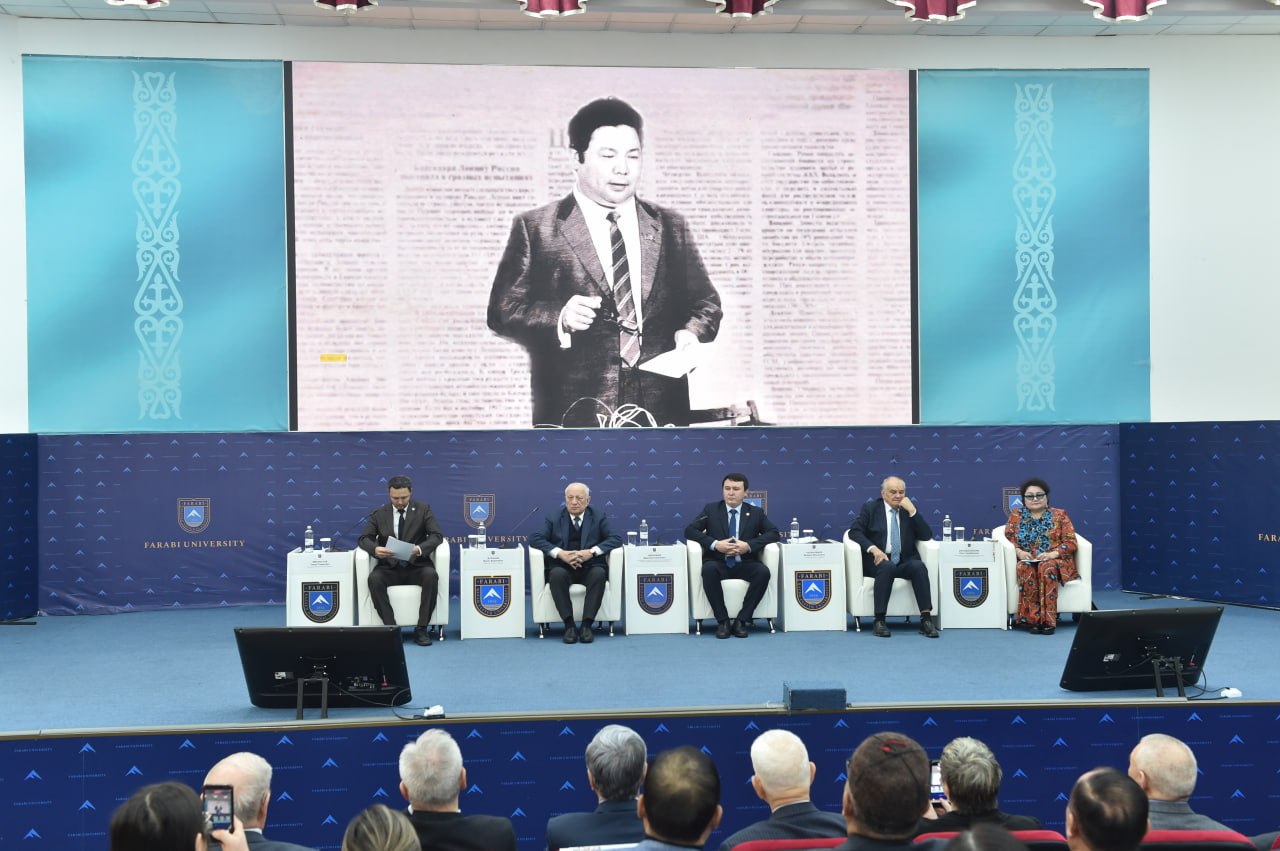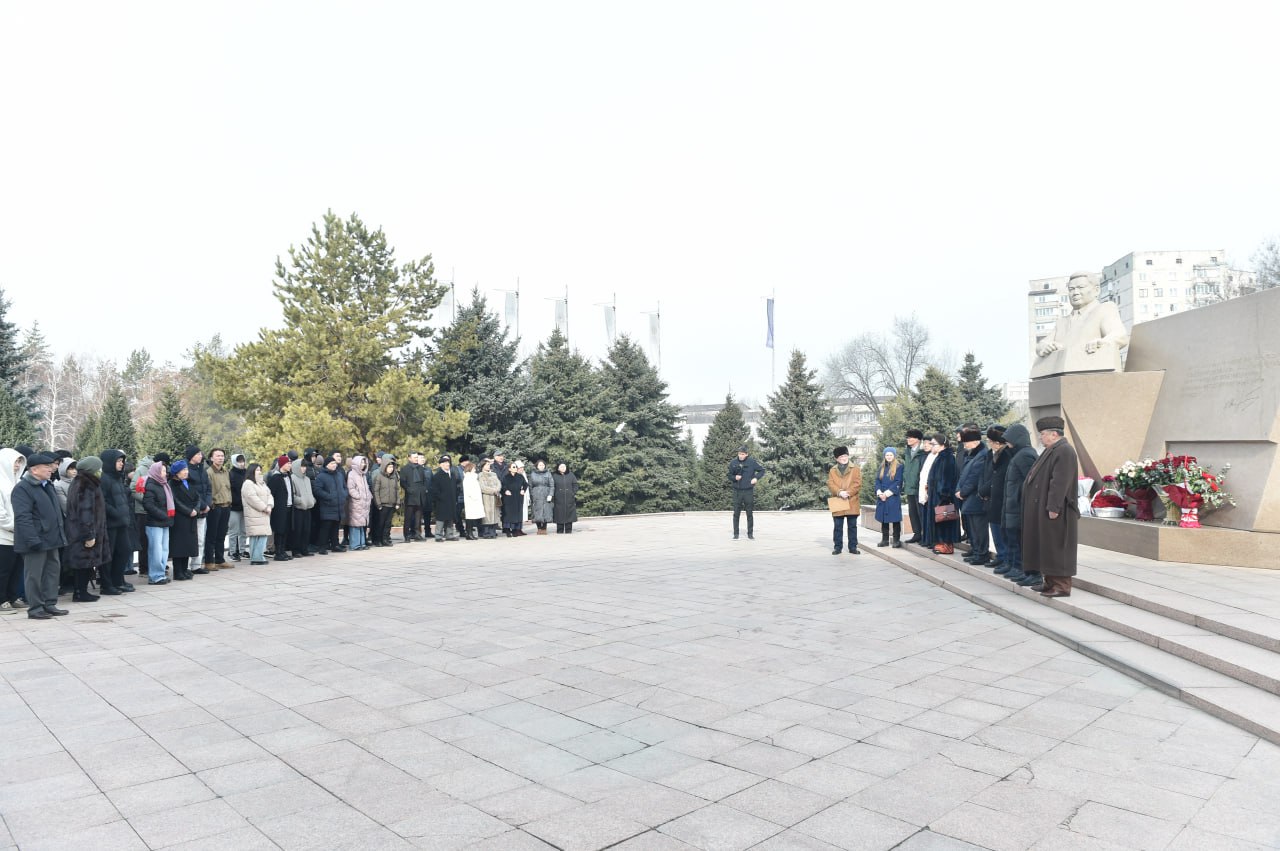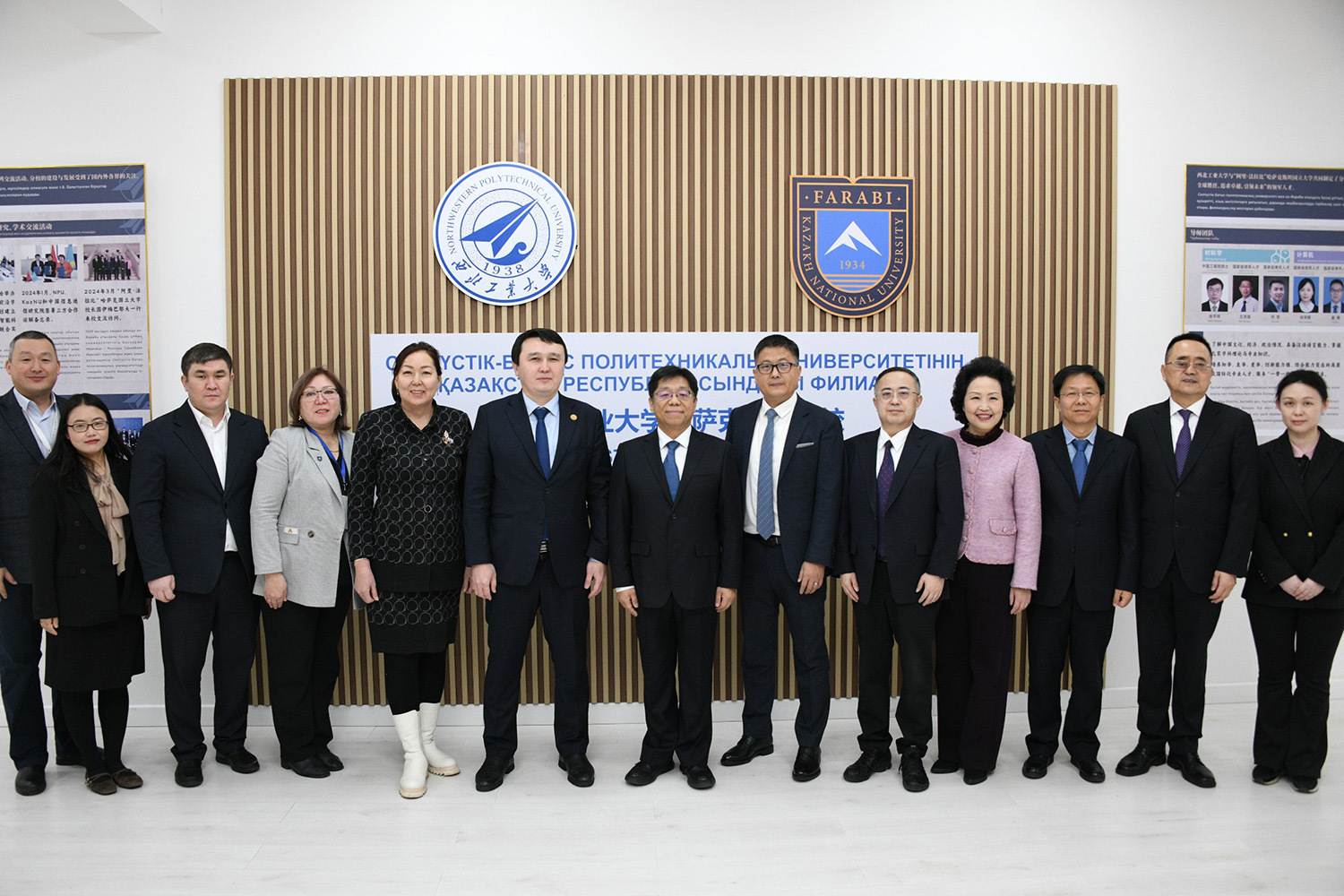- Main
- News
- Republican scientific and practical conference on the topic: "Fight Against Corruption: Comparative Legal Analysis of Approaches in Kazakhstan and The European Union"
Republican scientific and practical conference on the topic: "Fight Against Corruption: Comparative Legal Analysis of Approaches in Kazakhstan and The European Union"

As part of the implementation of Sustainable Development Goal No. 16 UN ("Peace, justice and effective institutions"), on November 30, the Faculty of International Relations of the Kazakh National University named after al-Farabi hosted a republican scientific and practical conference on the topic: "Fight against corruption: comparative legal analysis of approaches in Kazakhstan and the European Union". The event was organized by the Center for European Law and Social Sciences of the Kazakh National University named after al-Farabi (Otarbayeva A.B., Baitukayeva D.U., Tatarinov D.V.).
The opening of the conference took place in a solemn atmosphere. Welcoming remarks were made by the head of the Department of International Law of the Kazakh National University named after Al-Farabi, Associate Professor K.Zh. Altayeva, as well as the deputy head of the department, Associate Professor Z.M. Baimagambetov, who wished the conference participants fruitful work and expressed hope that the event would become an important scientific platform for exchanging ideas and experiences.
The conference brought together more than 120 students from various universities in Kazakhstan, including KazNU, Caspian University and the Kenzhegali Sagadiyev University of International Business. During the conference, students presented reports on key aspects of combating corruption in the countries of the European Union, as well as a comparison of their approaches with Kazakhstani practices.
Of particular interest were reports on successful anti-corruption strategies in countries that occupy leading positions in the Transparency International rating. The participants' attention was focused on such countries as Denmark, Finland, Sweden, Germany, the Netherlands and Italy. These countries demonstrated a high degree of transparency, effectively functioning state institutions and a developed legal culture, which helped minimize the level of corruption. The reports discussed mechanisms for implementing anti-corruption initiatives, including digitalization of public services, strengthening the independence of the judicial system and increasing the level of public control.
The event became a significant platform for discussing current challenges in the field of anti-corruption policy, exchanging best practices and developing recommendations for improving the effectiveness of national anti-corruption strategies. The student audience, actively involved in the discussion process, emphasized the importance of an interdisciplinary approach and international cooperation in this area.
The conference confirmed the importance of educational initiatives in forming an anti-corruption culture among young people, which corresponds to the key objectives stated within the framework of the global SDG agenda.



